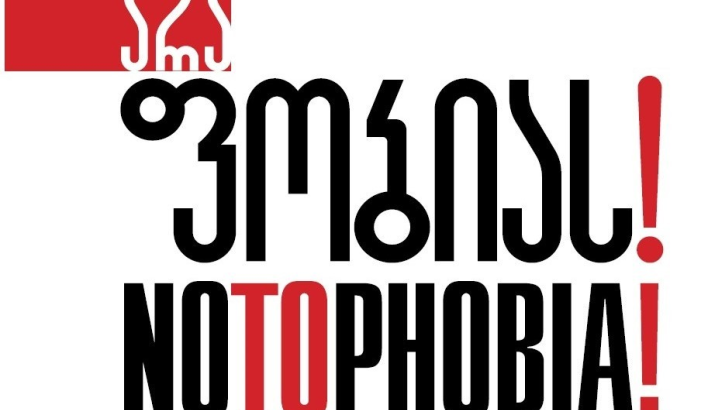
The primary electoral strategy of the Georgian Dream appears to revolve around manipulating the name of the Georgian Orthodox Church and employing anti-Western rhetoric.
The speaker of Parliament, Shalva Papuashvili, has actively embraced and implemented this strategy by infringing upon the independence of the constitutional body, the Ombudsperson. He called on the Ombudsman to "have a proper reaction" against Beka Mindiashvili, the head of the Tolerance Center under the auspices of the Public Defender. On January 18, during a TV program, Papuashvili asserted that Beka Mindiashvili is marked by religious intolerance and lacks the right to work in the Public Defender’s Office. Just two days later, on January 20, Papuashvili convened an impromptu press conference to reiterate populist statements, where he propagated anti-Western sentiments and once again attempted to discredit Georgia’s Western partners and the USAID. Additionally, he emphasized the need for the "law on the transparency of the agents of foreign influence" (Russian-style Law).
We firmly contend that through these unconstitutional declarations, the Speaker of the Parliament is in breach of the constitutional principle of state-church separation. Furthermore, he illegitimately infringes upon the autonomy of the Center operating under the auspices of the Public Defender, fostering intolerance and hatred against human rights defenders. These actions stand in direct contradiction to Georgia’s Euro-Atlantic aspirations and undermine the democratic development process.
The Tolerance Center under the Public Defender of Georgia has been actively working to protect freedom of religion or belief and promote tolerance and equality principles since 2005. The Center and its chairperson, Beka Mindiashvili, have contributed considerably to the protection and advocacy for the rights of religious and ethnic communities in Georgia. The Tolerance Center coordinates two unique platforms - the Councils of Religions and Ethnic Minorities under the auspices of the Ombudsperson. The Council of Religions - an equal and safe space for religious communities - has distinguishedly contributed to protecting religious freedom and eliminating discrimination. The actions of the Georgian government signal its intent to dismantle such human rights-oriented spaces.
The recent rhetoric and policy of the government make it evident that the priority of the State is not to protect freedom of religion or belief but to strengthen control mechanisms over religious communities and to deepen discrimination against them. The creation of the State Agency for Religious Issues under the Prime Minister in 2014 and attempts to pass authoritarian laws threatening both freedom of expression and religious freedom attest to this. Speaker Shalva Papuashvili's recent comments about potential legislative initiatives to impose sanctions against "insulting religious buildings and items" further underscore this point.
It is ironic that the Georgian government claims to protect the Georgian Orthodox Church when the leak of alleged State Security files reveals the extensive illegal state surveillance over the Orthodox Church and clergy, intruding into their private lives. Therefore, it is clear that protecting the Church is not a genuine concern for the Georgian authorities; such rhetoric merely serves populist electoral purposes.
As members of the No To Phobia Civic Platform, we find the Speaker of the Parliament's anti-State statements, the manipulation of the name of the Orthodox Church for political purposes, and the renewed focus on the so-called Russian Law to be wholly unacceptable.
Therefore, we urge the government to cease its hate campaign against civil society and human rights defenders, put an end to its deliberate anti-Western campaign, refrain from intervening in the autonomy of independent constitutional institutions and religious organizations, and abandon attempts to adopt authoritarian-style, anti-human rights legislation.
Member organizations of the No To Phobia civic platform:
Tolerance and Diversity Institute (TDI)
Georgian Democracy Initiative (GDI)
Media Development Foundation (MDF)
Safari
Equality Movement
Rights Georgia
Georgia’s Reforms Associates (GRASS)
Human Rights Center
Tbilisi Pride
Civil Society Foundation
